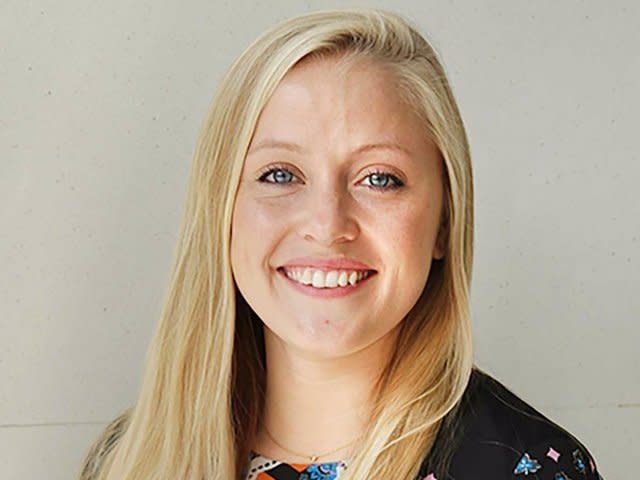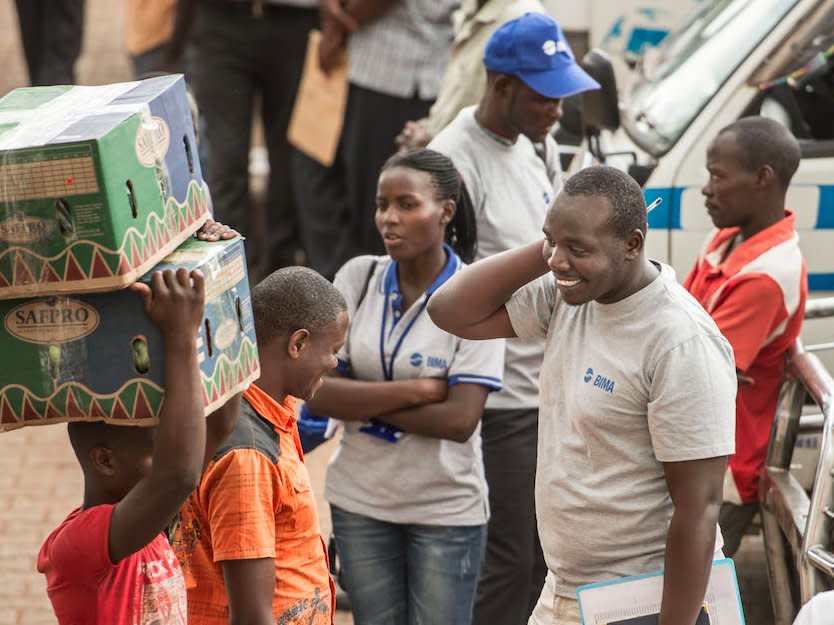This Swedish startup brings insurance to 24 million people in the developing world through their mobiles

BIMA
Mathilda Strom, deputy CEO of microinsurance provider BIMA.
Mobile insurance startup BIMA has signed up 24 million customers across Africa, Asia, and Latin America, according to its deputy CEO.
BIMA offers what’s called “microinsurance” — people can get accident or life insurance for as little as 60¢ a day on rolling monthly cover. The product offers people payouts of up to $1,000 for their family if they die, for example, and takes just 3 minutes to sign up for.
BIMA collects payments through people’s mobiles and does deals with mobile phone operators in each country it enters to make sure it can collect.
Deputy CEO Mathilda Strom says BIMA’s great breakthrough was taking advantage of the huge mobile penetration in emerging markets. 93% of the company’s customers earn less than $10 a day, Strom says, while 54% are on less than $2.50 per day. But these people frequently top up their mobile phones to make calls, often paying in as little as 50¢. It is this constant, small trickle of revenue that BIMA taps into.
Strom told Business Insider: “Some people think there’s a cultural reason why these people don’t get insurance but it’s really because people haven’t been able to profitably offer insurance to the mass market.”
Most insurers seem to think there isn’t money to be made at this end of the market but BIMA shows that a simple product at scale can work. The company is profitable in some of its markets, such as Ghana, and is working to refine its risk profiles in others.

BIMA
A BIMA agent in Uganda.
Despite the huge number of customers, BIMA employs just 15 people across its London and Stockholm offices. But the company relies on a network of 3,500 sales agents spread across its 16 markets in Africa, Asia, and Latin America. These agents help to educate people about insurance and sell the product.
Strom says: “The reason we can do this profitably is the physical network. The questions people ask can be odd. I tried to sell insurance in Uganda and the guy asked what happens if I don’t die? When do I get the money back? How can you use those questions with tech? You can’t.”
“All insurers are trying to do this,” says Strom. “The most important thing is distribution. They assume digital will take care of everything.”
BIMA’s biggest market is Bangladesh, where it has 9 million customers. BIMA is one of a number of so-called “InsurTech” companies that are springing up around the world at the moment, aiming to bring technology to the still largely paper-based industry.
EXCLUSIVE FREE REPORT:
5 Top Fintech Predictions by the BI Intelligence Research Team. Get the Report Now »
NOW WATCH: Wells Fargo CEO John Stumpf is retiring, effective immediately
The post This Swedish startup brings insurance to 24 million people in the developing world through their mobiles appeared first on Business Insider.

 Yahoo Finance
Yahoo Finance 

